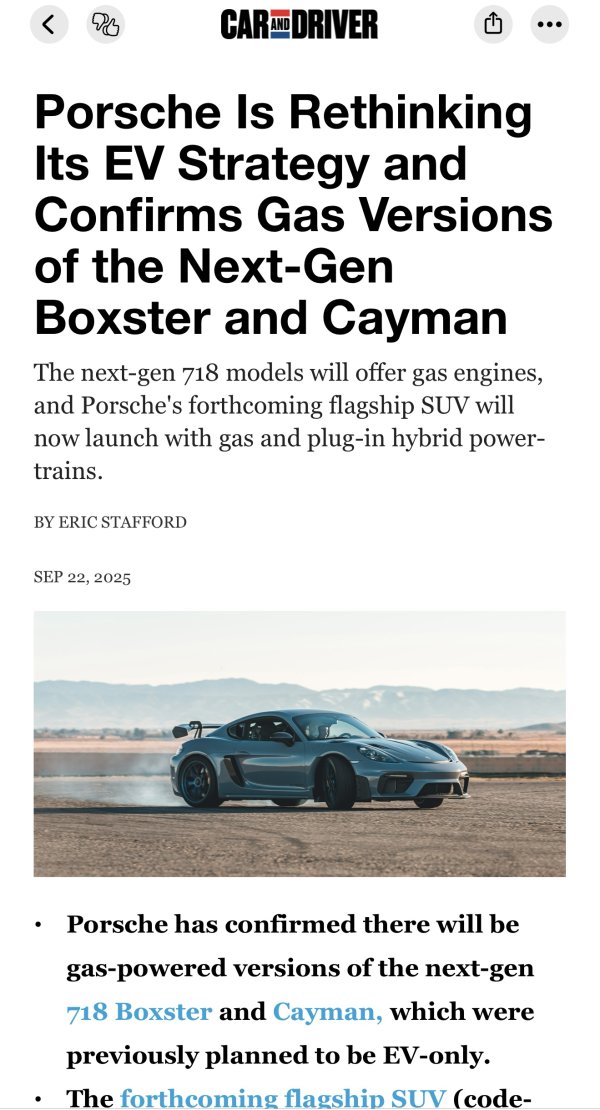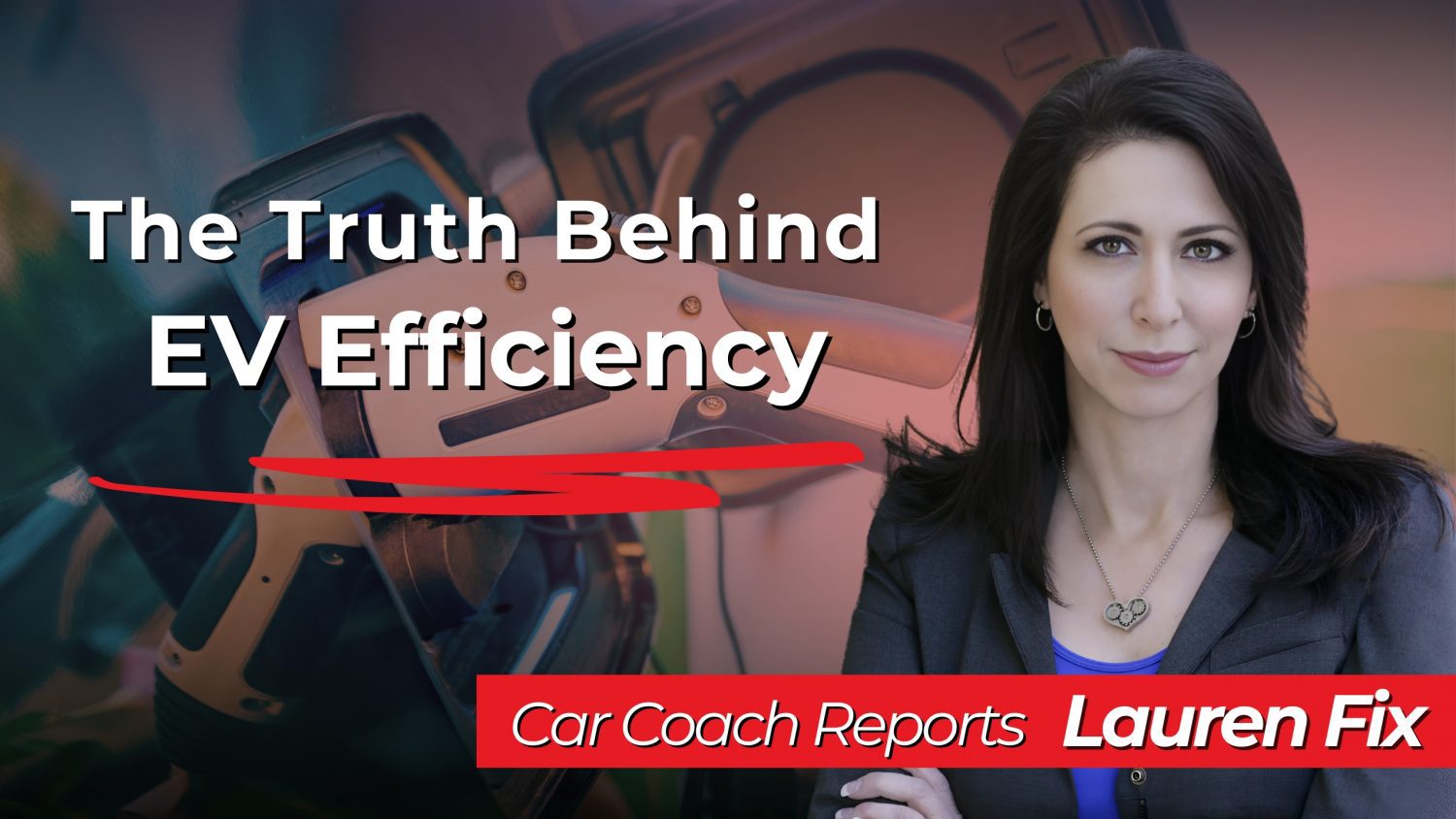Who here has a plug-in hybrid automobile?
For my entire car life Volvo was never on my radar screen, because the brand just seemed preternaturally conservative and boring. On Friday I test drove a 2026 Volvo XC40 Recharge. Yesterday I test drove a 2026 Volvo XC60 T8 Ultra.
After also driving recently MB GLA, MB GLC, Genesis GV70 and Hyundai Santa Fe there is something about the Volvos that I really liked! I'm surprised about this but my impression is my impression.
They seem well-made, good quality materials, solid construction, comfortable, very easy to drive, good visibility, and the 455 hp hybrid XC60 was darn fun! I really like that XC60 T8 Ultra! At 78 inches wide it exceeds my maximum width parameter by like 3 inches, but because the visibility is actually better than in the GV70, the excess width didn't seem to bother me that much.
What is your experience with plug-in hybrids? When your current plug-in hybrid drops dead or is sold, would you get another one?
Or is the whole plug-in hybrid concept just a transitional and soon-to-be-obsolete design to get Boomers comfortable with EVs?
For my entire car life Volvo was never on my radar screen, because the brand just seemed preternaturally conservative and boring. On Friday I test drove a 2026 Volvo XC40 Recharge. Yesterday I test drove a 2026 Volvo XC60 T8 Ultra.
After also driving recently MB GLA, MB GLC, Genesis GV70 and Hyundai Santa Fe there is something about the Volvos that I really liked! I'm surprised about this but my impression is my impression.
They seem well-made, good quality materials, solid construction, comfortable, very easy to drive, good visibility, and the 455 hp hybrid XC60 was darn fun! I really like that XC60 T8 Ultra! At 78 inches wide it exceeds my maximum width parameter by like 3 inches, but because the visibility is actually better than in the GV70, the excess width didn't seem to bother me that much.
What is your experience with plug-in hybrids? When your current plug-in hybrid drops dead or is sold, would you get another one?
Or is the whole plug-in hybrid concept just a transitional and soon-to-be-obsolete design to get Boomers comfortable with EVs?




